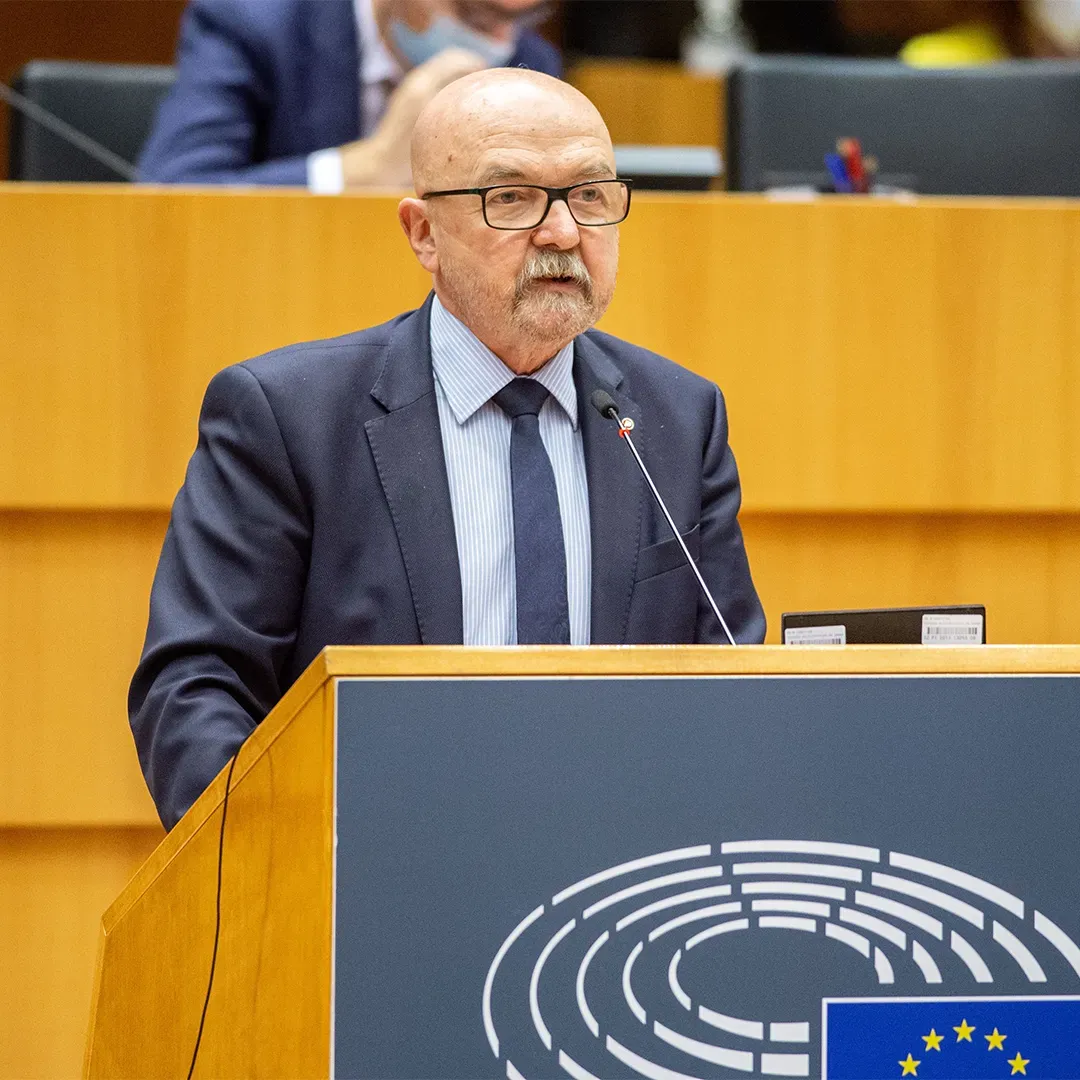Whether we really have been observing a resurgence of nationalism in Europe is not at all clear. “Nationalism” is a bad word in Europe, and it has been used—along with “populism,” another bad word—to describe the views of critics of the E.U. within the E.U. Enthusiasts for the E.U. say that in today’s Europe we are witnessing a conflict between Europeans and nationalists. Given that the number of critics has increased in recent years, we can infer that nationalist sentiments are on the rise.
But this is a flawed syllogism, for at least two reasons. First, most critics of the E.U. do not want to dismantle the Union; they only want to stop the process of relentless federalization and centralization, which has been carried out without regard for the letter and spirit of the Maastricht and Lisbon Treaties. Second, some of the major players who condemn nationalism and profess the “more Europe” strategy in fact are shamelessly pursuing nationalist policies, using E.U. institutions and instruments to achieve their ends. It might sound like a paradox, though it is not, that with the rise of European federalization the power of some of the member states—such as Germany and France—has increased, while that of other member states, mostly in Eastern Europe, has decreased.
So whoever says that nationalism is surging in Europe risks playing into the hands of the E.U. federalists by endorsing their view that the very existence of the E.U. is threatened by the electoral success of the Eurorealist parties. This view undermines a rational debate about the E.U. by enforcing the either-or perspective: Either we support ever closer union, or we want the Union to disappear.
Whence Brexit, then? One might consider it a manifestation of nationalism, in which the Brexiteers sent the following message: “We want no non-British authority; the only political and legal institutions to which we pledge allegiance are British institutions.” Two comments seem in order, one supporting the thesis that Brexit is a manifestation of nationalism, the other weakening it. The first is that from the very beginning, the U.K. was an alien body in the E.U., one that could never join the German-French duet.
The second is that the Brexiteers won the referendum by a very slim margin. Had the negotiations proceeded differently, and had some concessions been made by the E.U., one can imagine that there might have been no referendum or, had there been one, that the Remainers would have won.
The thesis that Brexit is an example of nationalism triumphant makes sense only if we consider Britain essentially and unswervingly a non-continental nation. Yet one can easily hypothesize that, had General de Gaulle made no objection to British membership in the European Economic Community, the British would have overcome their anti-continental prejudice long ago and agreed to be one of the Union’s pillars. The famous splendid isolation is, on this interpretation, a myth.
So, despite the appearance of a nationalist resurgence, the E.U. remains the context within which the European nations are happy to pursue their interests, as long as those interests are efficiently and fairly accommodated. The existence of the E.U. cannot be jeopardized by the assertion of national interests—only by the persistent trends of federalization and centralization, which naturally provoke centrifugal tendencies.
The Maastricht and Lisbon Treaties endorsed a principle that was potentially self-destructive but had been present from the very beginning of integration: namely, that the good Europeans had to transcend every rule and limitation in order to push forward the process of integration. Though the final goal of this process has never been clearly stated—whether it is the United States of Europe or something else—its power to determine political decisions is quite strong. It may be compared to Aristotle’s final cause, which organized the cosmos by drawing all its components toward an ultimate unity. Integration, as a popular saying has it, is like riding a bicycle: You have to go on pedaling, or you will fall. The message is portentous: The rules are only for show, and the end is what counts. Needless to say, this arrangement generates dissension and many centrifugal forces. The nationalist emotions might be among those forces, but they are not the prime movers (to use an Aristotelian expression again).
What about the immigration crisis? It would be absurd to deny that there is some connection between anti-immigration sentiments and nationalism. The Italians do not want their Italian-ness to be diluted, nor the Danish their Danish-ness, and so on. But at the same time, all these nations are part of a civilization whose political and moral imagination is dominated by liberalism and its concepts. Supporters and critics of immigration alike use pretty much the same liberal language: They appeal to the notion of rights, and argue over whether the rights of the Danes or Italians should outweigh the rights of the immigrants, or vice versa. In important respects, the two sides do not differ. They talk of the same society, except that in one case that society includes, and in the other it excludes, the immigrants.
What about conservatism within the European Union? Well, there is no such thing. There are individual conservatives, and there are some conservative parties, but the E.U. does not have a conservative component as an integral part of its system. The E.U. is predominantly left-wing, sometimes radically left-wing, and erstwhile conservative parties—for instance, the Christian-democratic parties of Germany and Italy—have long since capitulated to the leftist agenda.
A telling example is the British Conservative party, which is no longer conservative in any meaningful way, having surrendered to the leftist bulldozer that has been devastating the Western world since 1968. In Britain, it was the Tories who introduced the same-sex marriage law; in France, such a law was passed by the socialists. It is hard to tell the difference between those two decisions, the one by the conservatives in Britain, the other by the leftists in France. The trend has been in one direction only: The conservatives have accommodated the leftists, never the other way around.
Great Britain not only has ceased to be a stronghold of conservatism, but also has become the avant-garde of progressivism. Let us consider the major indicators of conservatism as specified by Russell Kirk—such as belief in the transcendent order and in natural law, respect for inherited practices and conventions, the priority of duties and obligations over rights, and classical metaphysics. None of these is particularly protected in British society. The opposite seems closer to the truth: Britain displays rampant secularism, legal activism, and rights-based morality. The British are proud of their traditions, but those traditions are mostly tourist attractions and do not evoke the spirit of today’s Britain. Brexit or no Brexit, these trends are what they are. It is telling that in the European Parliament, the British MEPs have almost never voted against the leftist moral agenda on issues such as “reproductive rights,” gender mainstreaming, LGBT privileges, and so on. Some have abstained, but the majority has been in favor.
Ryszard Legutko is professor of philosophy at Jagiellonian University in Kraków.

